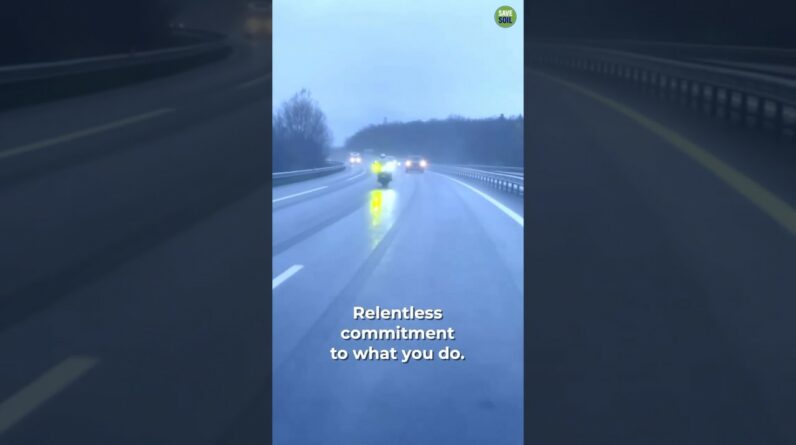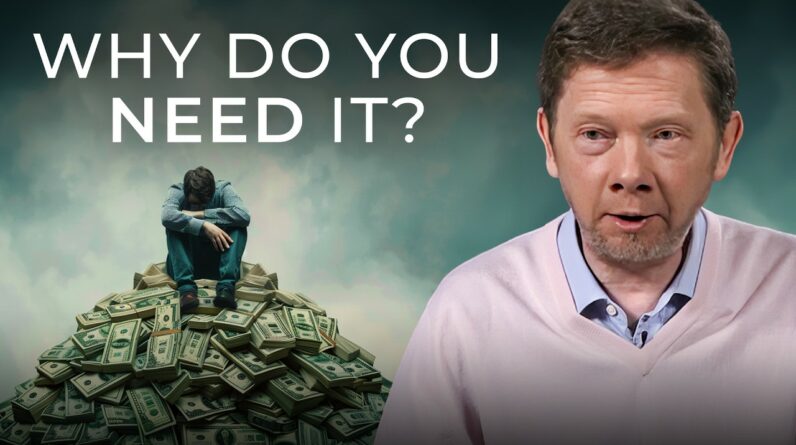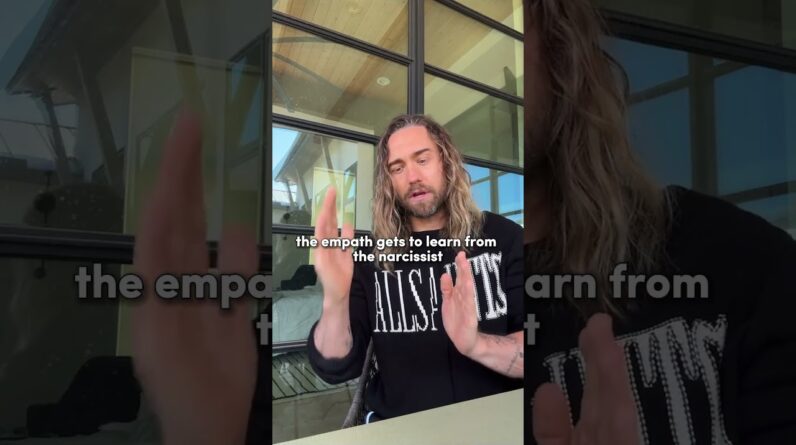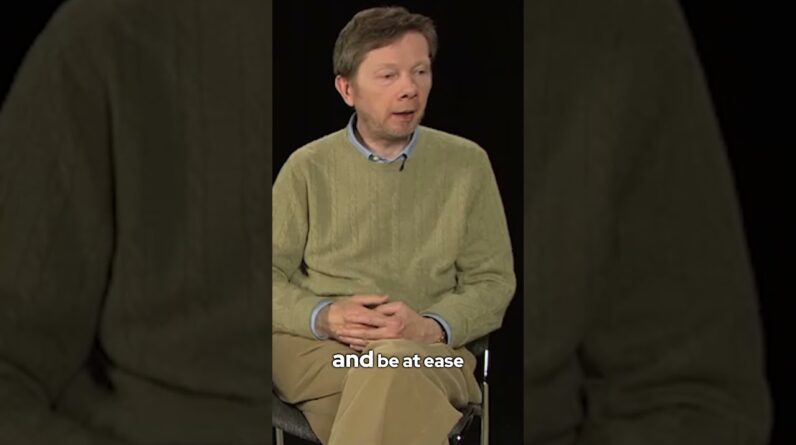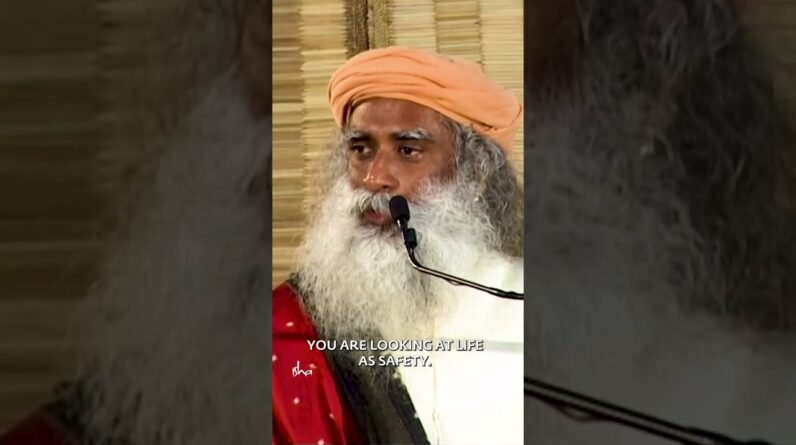The Three Hardest Words to Say: “I Forgive You”
Why is it so difficult to forgive someone who has offended you? The offender may have hurt you to the core of your being, are 100% at fault for the offense, and could care less about giving you an “owed” apology. As expected, emotionally you cannot fathom the idea of forgiving the offender, let alone say, “I forgive you.”
Are You Having Scheduling Problems?Having trouble being consistent each day in spending time with the Lord and studying His Word? You might have a heart problem instead of a scheduling problem. This article will help you determine if this is the case and will offer you a solution for being consistent about spending quiet time with the Lord each day.
Peace and SerenityThe heavy is the root of the light. The still is the master of unrest.
Family and CommunityQ: Speak to me of family. Spiritually, what is the significance of this grouping? Each is a member of two families: their birth/marriage family and the larger, human family.
Not To The Death, But, To The ThoughtWe came from thought, energy and infinity, then we go to thought, energy and infinity. Sure it is easy to say; but throughout time it has been a long, hard process for all, including the unconscious as well as the conscious. Indeed, between each death there are lives, existences and realities. It is what we make it.
Are You Spiritual or Just Following a Ritual?Most well meaning men and women fall prey to false prophets—those spiritual leaders who come with a loud agenda and a podium they refuse to get off of. This article teaches you how to avoid following those prophets and build your own bridge to sustaining faith and spiritual living.
How to Practise Mindfulness in Everyday LifeThere are so many simple everyday tasks and activities that we do largely on “auto-pilot”. Whilst we undertake these tasks our minds are “running free” with internal chatter and “mental noise”. These are excellent further opportunities to learn how to practise mindfulness. Once you have got into the regular practise of sitting meditation, and also of observing your thoughts and emotional states throughout the day – and these practises are now becoming established as habits – let’s step things up a bit and introduce the “washing the dishes” meditation!
How to Practise Mindfulness – Starting OutYou are probably familiar with the 4 stages of learning in the model of conscious competence namely: unconscious incompetence -> conscious incompetence -> conscious competence -> unconscious competence (or “auto-pilot”)? Moving through the 4 stages of learning how to practise mindfulness takes time, effort and application and is no different to learning any other new skill. Getting the hang of the basics of any new skill takes approximately 3 weeks or so of continuous conscious effort at which point the new skill becomes a habit. You are also probably familiar with the “10,000-Hour Rule”, based on a study by Dr. K. Anders Ericsson that indicates that great achievement in any activity requires approximately 10,000 hours of practise. This is all that separates zen-masters and great spiritual practitioners in any tradition from the rest of us. They have done more of it for considerably longer than we have!
Mindfulness Exercises – The Practise of Being AwareThere are a wide range of ways of practising mindfulness and I will share some of these mindfulness exercises with you, but the key thing I want you to take on board is to just do it – and keep doing it! Your mind (and your ego) will resist and you will want to become more informed about it and will want to read yet another book on mindfulness. The human mind loves to make this simple thing so complicated – yet mindfulness is called a practise for a good reason! You mind will get bored and want to be entertained, distracted and engaged. That’s what minds do, and that’s why they are sometimes referred to as “monkey minds”. If you want to learn mindfulness exercises – just be mindful – focus your attention, focus your mind, 100% on whatever it is that you are doing right now – in this present moment.
How To Practise Mindfulness – The Story of the Leper and the Dirty RiverI am sometimes asked how to practise mindfulness when I am discussing the subject of mindfulness with people. My response is always to say that mindfulness is a spontaneous and naturally occurring state. We all experience present moment awareness in everyday life when we find ourselves in situations where we are totally focused on the activity we are engaged in. On these occasions we are totally present, and thus temporarily unaffected by our thoughts. So how to practise mindfulness is simply about using a series of simple techniques that can, with practise, enable us to replicate present moment awareness more or less on demand. The hardest aspect of how to practise mindfulness is just doing it!
Mindful Listening – For More Direct CommunicationMindful listening is when you are not thinking and you remain fully present whilst the other person is speaking. There are many occasions in the course of daily life, at home and at work, when talking is an exchange of information, and this is entirely appropriate as is a thought-based response. But we are emotional and spiritual beings and we need to express what we are feeling as well as what we are thinking. In my experience, mindful listening is a powerful mindfulness practise that benefits the person speaking and the person listening.
Where Is The Justice In The Holocaust and Ethnic Cleansings?Many people nowadays accept that the role of karma plays an undeniable role in the area of human interaction. For them the idea of victims co-creating their own victimization is not only plausible but the only reasonable explanation there can be. Yet the understanding of such a universal system of restoring justice is challenged when a few individuals with tremendous worldly powers negatively affect large portions of a population. Recorded history is filled with instances of mass killings, genocides, the Holocaust of World War II, the eradication of Kurds, the slaughtering of thousands of Algerians and Tibetans, or the Kosovo and Bosnian conflicts, to name a few. All these instances may raise serious doubt about the role of karma as a reliable system of natural justice.

